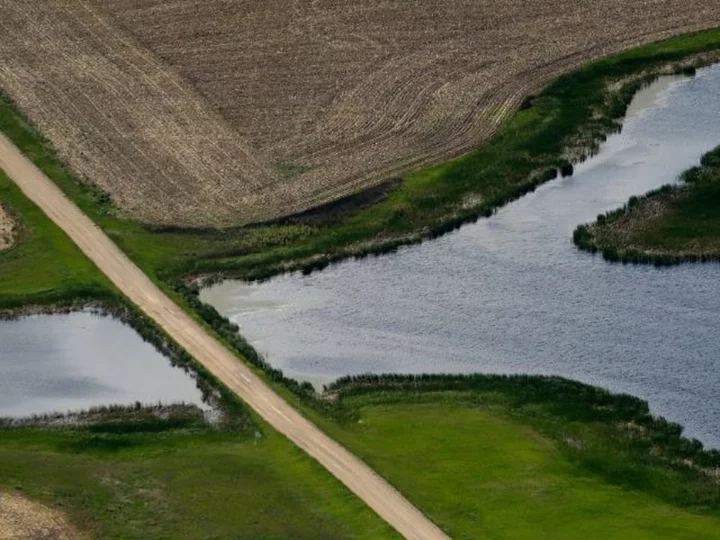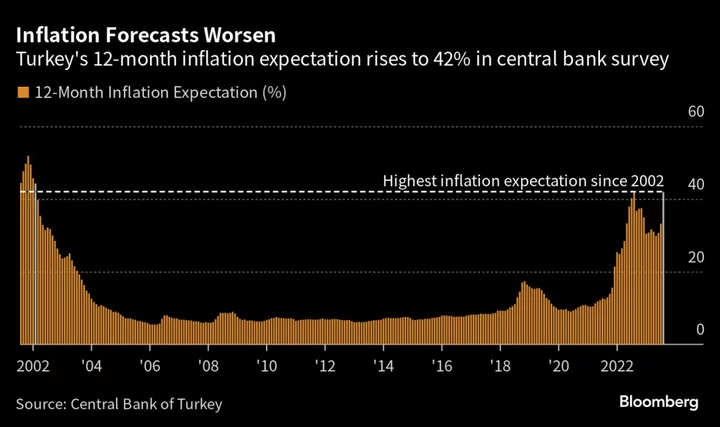The Environmental Protection Agency and US Army on Tuesday released a new rule that dramatically shrinks what qualifies as federal waters, following a Supreme Court decision in May that rolled back protections for US wetlands.
The rule will invalidate an earlier definition of what constitutes the so-called waters of the United States, after the Supreme Court ruled Clean Water Act protections extend only to "wetlands with a continuous surface connection to bodies that are waters of the United States in their own rights."
The decision excluded wetlands and smaller tributaries from being protected as they had been for the last 45 years. The new rule will take effect immediately, according to a press release from the agencies.
EPA Administrator Michael Regan registered his displeasure with the spring SCOTUS decision but said the agency has worked swiftly to finalize it.
"While I am disappointed by the Supreme Court's decision in the Sackett case, EPA and Army have an obligation to apply this decision alongside our state co-regulators, Tribes, and partners," Regan said in a statement. "We've moved quickly to finalize amendments to the definition of 'waters of the United States' to provide a clear path forward that adheres to the Supreme Court's ruling. EPA will never waver from our responsibility to ensure clean water for all."
The newly finalized rule from the Biden administration means the US Army Corps of Engineers can resume issuing jurisdictional determinations that had been paused after the Supreme Court decision.
The decision provoked an outcry among environmental groups and drew a rare rebuke from conservative Supreme Court Justice Brett Kavanaugh, who dissented with the liberal justices. The majority had "rewritten the Clean Water Act" and ignored its text as well as "45 years of consistent agency practice," Kavanaugh wrote.
Kavanaugh also wrote that the lands to be regulated did not have to physically touch an adjacent waterway to constitute "waters of the United States," but that they could include wetlands that are "separated from a covered water only by a man-made dike or barrier, natural river berm, beach dune or the like." He noted that eight different administrations since 1977 had recognized such wetlands as being protected.
The statutory text, Kavanaugh wrote, "does not require a continuous surface connection between those wetlands and covered waters."
"By narrowing the (Clean Water) Act's coverage of wetlands to only adjoining wetlands," Kavanaugh wrote, "the court's new test will leave some long-regulated adjacent wetlands no longer covered by the Clean Water Act, with significant repercussions for water quality and flood control throughout the United States."









